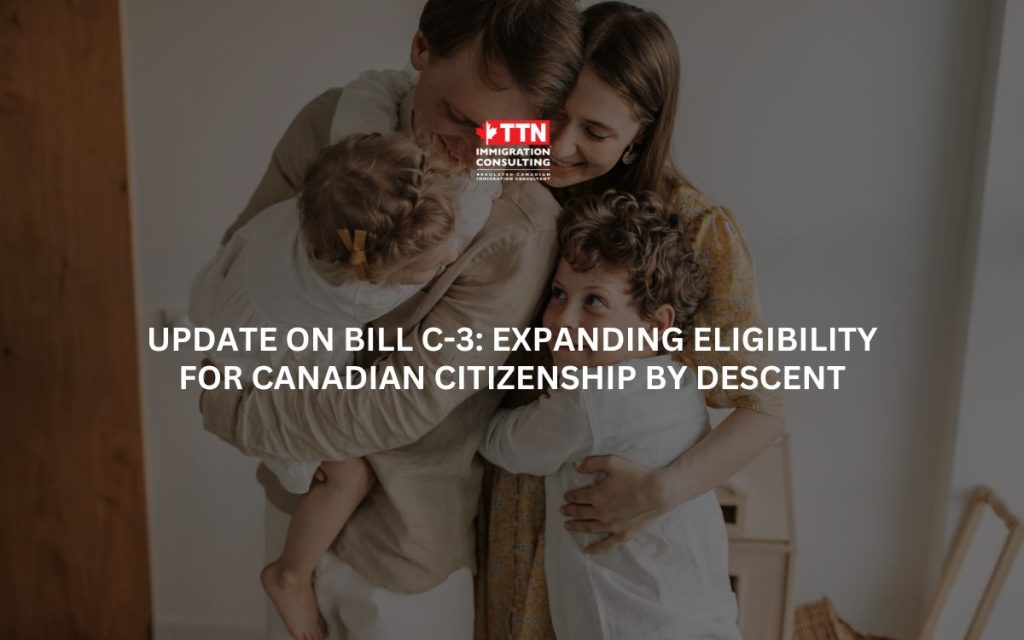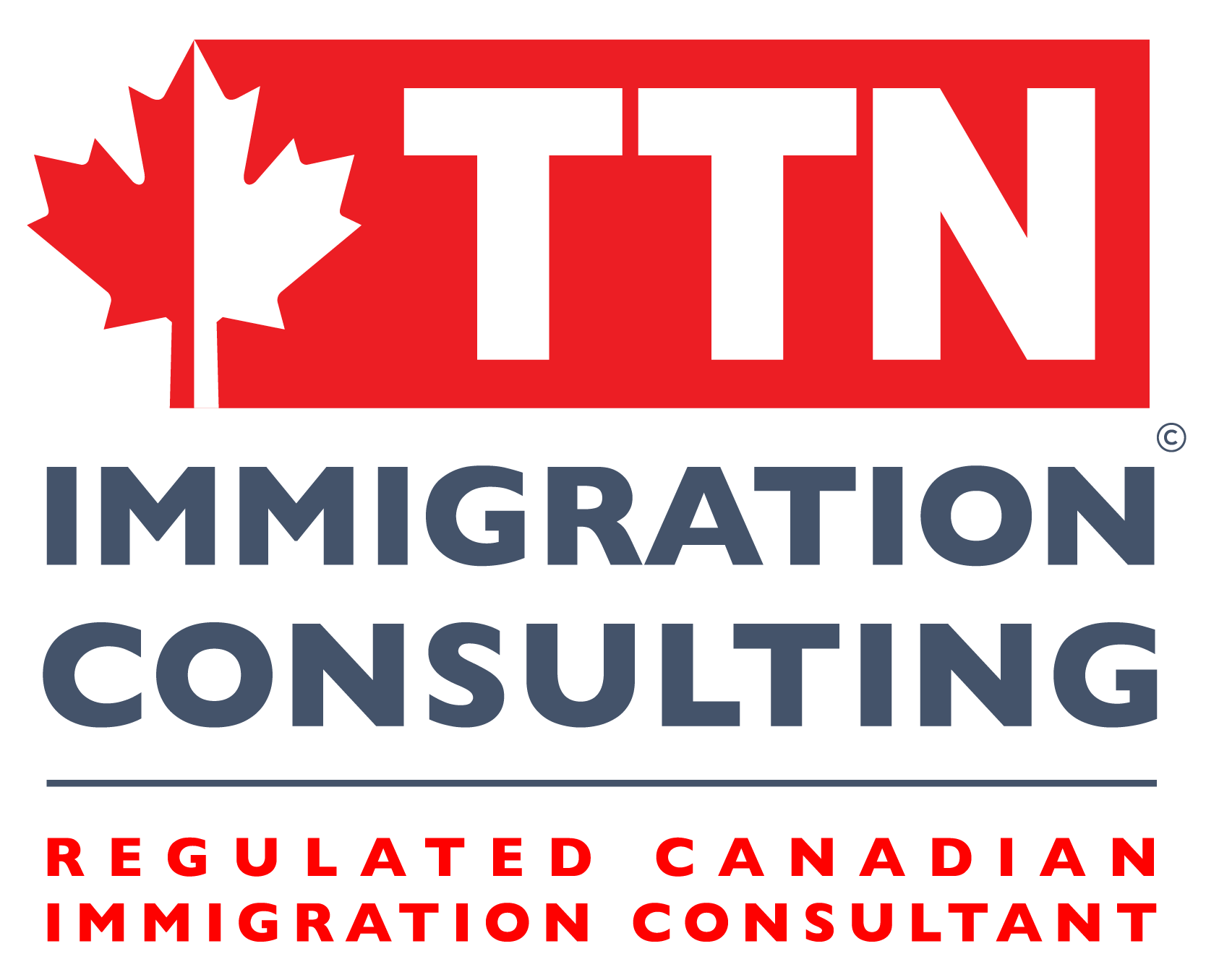Update on BILL C-3: Expanding Eligibility for Canadian Citizenship by Descent
Ngày 5/11, dự luật Bill C-3 chính thức vượt qua lần đọc thứ ba tại Hạ viện Canada, đánh một bước tiến quan trọng trong hành trình mở rộng quyền quốc tịch theo huyết thống (citizenship by descent).
If passed in full, the bill would eliminate the First-Generation Limit (FGL) – a rule that currently limits the transmission of Canadian citizenship to foreign-born children only in the first generation.
The article below summarizes the current status of the bill, the remaining legal steps, and who would benefit if the bill officially becomes law.

1. What Stage Is Bill C-3 At on Its Road to Becoming Law?
Bill C-3 has now completed its entire process in the House of Commons. Next, the bill must go through the same process in the Senate, which includes three readings:
- First reading: presentation of the legal text
- Second reading: discuss the principles
- Committee stage – detailed review
- Third reading: final vote
A Bill is only sent to the Governor-General for Royal Assent when:
- The Senate passed it unanimously, and
- The final text matches the version approved by the House.
If the Senate amends, the bill must return to the House for reconsideration.
2. Can I Apply for Citizenship Under the New Regulations While Bill C-3 Has Not Officially Passed?
Yes.
The Government of Canada has issued interim measures for individuals affected by the FGL. This allows:
- Apply for “Proof of Citizenship”
- Apply for citizenship by “discretionary grant” – that is, granting citizenship at the discretion of the Minister in special cases
- Some cases may also be subject to urgent processing.
These measures were put in place before Bill C-3 officially became law, saving those affected years of waiting.
3. Who Will Benefit If Bill C-3 Passes?
Bill C-3 would restore bloodline citizenship to second-generation children born or adopted abroad, while also addressing groups that have lost their citizenship in the past.
The following groups will be considered for restoration or granting of citizenship:
3.1. Children born or adopted abroad before December 19, 2023
If the parent is a Canadian citizen but cannot pass on citizenship due to FGL restrictions.
3.2. Children born or adopted from December 19, 2023 onwards
If affected by FGL and the Canadian parent meets the “substantial connection to Canada” – meaning there is a sufficient level of attachment to Canada (there is no complete definition yet, but it usually involves actual residence in Canada).
3.3. Individuals born abroad before April 1, 1949
Have a parent who is a Canadian citizen but is restricted by FGL.
3.4. People who have lost their nationality because they did not meet the “retention” requirements
According to Section 8 of the old Nationality Law, some people were required to apply to “retain nationality” before the age of 28 but did not do so.
The above groups will have their citizenship restored if Bill C-3 is approved.
4. Why Was Bill C-3 Introduced? – Legal & Political Background
4.1. Court Judgment
In December 2023, the Ontario Supreme Court declared the second-generation limit unconstitutional, requiring the government to amend the law.
The government was given several extensions but failed to complete the project on time, forcing it to request another extension until March 19, 2025.
4.2. Bill C-71 – First Draft
In May 2024, the government introduced Bill C-71, which proposed allowing second-generation citizenship if the parent had 1,095 days of actual residence before the birth/adoption of the child.
However, the bill failed to pass.
4.3. Trudeau resigns and Parliament prorogues
On January 6, 2025, Prime Minister Justin Trudeau announced his resignation and asked Parliament to “prorogue” until March 24, 2025.
When Parliament prorogues, all pending bills are dropped, including C-71.
4.4. Bill C-3 was born
Bill C-3 was introduced with the goal of:
- Remedy of Court Request
- Replace temporary measures with clear, sustainable provisions in law
Conclusion
Bill C-3 marks an important step forward in restoring and expanding citizenship rights by descent to tens of thousands of Canadian families living abroad.
Although not yet officially law, the current temporary measures pave the way for affected individuals to file now.

